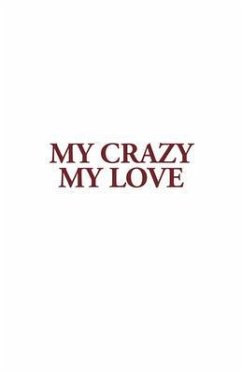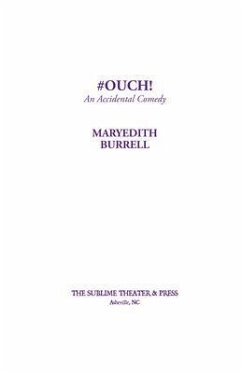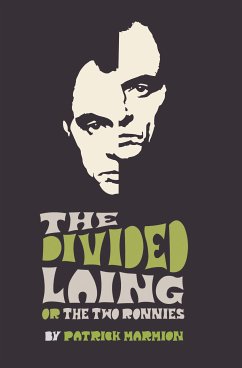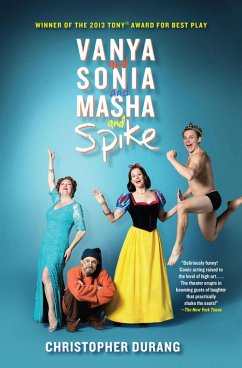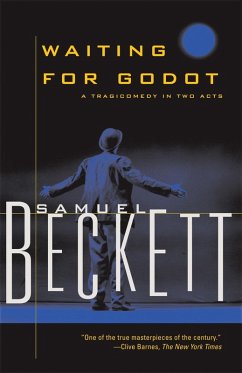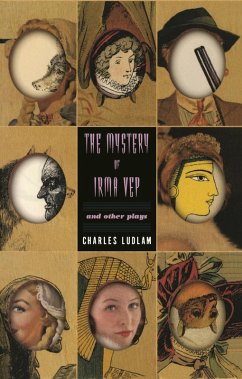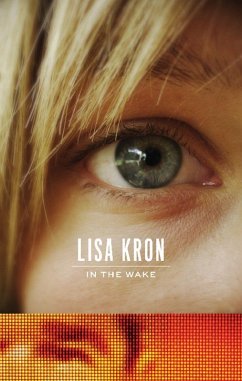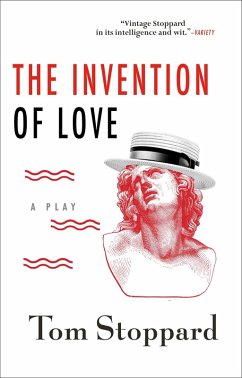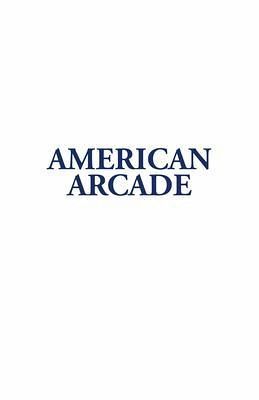
American Arcade; or, How To Shoot Yourself in the Face (eBook, ePUB)
(An Outrage in Two Acts)
Versandkostenfrei!
Sofort per Download lieferbar
7,99 €
inkl. MwSt.
Weitere Ausgaben:

PAYBACK Punkte
4 °P sammeln!
A dark stage comedy about the contemporary American family, business, sexuality, race relations, psychiatry, and organized crime, Steven Samuels' "American Arcade; or, How To Shoot Yourself in the Face" concerns the Hamlet-like Harry Hunter, a young manufacturer of old-fashioned shooting gallery games struggling to sustain his beloved past, his family, and what remains of his sanity while the confounding present explodes in his face.In the one crazy day on which this play takes place, Harry tries to maintain the failing American Arcade Company bequeathed him by his late father, who may or may ...
A dark stage comedy about the contemporary American family, business, sexuality, race relations, psychiatry, and organized crime, Steven Samuels' "American Arcade; or, How To Shoot Yourself in the Face" concerns the Hamlet-like Harry Hunter, a young manufacturer of old-fashioned shooting gallery games struggling to sustain his beloved past, his family, and what remains of his sanity while the confounding present explodes in his face.
In the one crazy day on which this play takes place, Harry tries to maintain the failing American Arcade Company bequeathed him by his late father, who may or may not have been a suicide. Harry is literally haunted by his father, and the other people who plague his life--including his spendthrift mother, cold wife, distant daughter, lackluster assistant, and Freudian analyst, and an old family friend: a Mafia don who shows up unexpectedly--appear as often in Harry's fantasies as in what passes for his real life. Their concerns--mostly money and sex--combine with Harry's fears of war, environmental destruction, and the depersonalization of human interactions brought on by our overindulgence in the brave new world of screens, to drive him at least half mad as he strives to solve his problems and the mystery of his father's death.
A strange cross, tonally, between family dramas such as "Death of a Salesman," Charles Ludlam's antic farces, and the black humor of Joe Orton, "American Arcade" constitutes its own genre, which Samuels calls "An Outrage." A huge part of the fun comes from a set dominated by a wall from which Harry's fantasy figures pop out, á la Rowan and Martin's "Laugh-In". Like a Coney Island of the mind, "American Arcade" is one wild ride.
In the one crazy day on which this play takes place, Harry tries to maintain the failing American Arcade Company bequeathed him by his late father, who may or may not have been a suicide. Harry is literally haunted by his father, and the other people who plague his life--including his spendthrift mother, cold wife, distant daughter, lackluster assistant, and Freudian analyst, and an old family friend: a Mafia don who shows up unexpectedly--appear as often in Harry's fantasies as in what passes for his real life. Their concerns--mostly money and sex--combine with Harry's fears of war, environmental destruction, and the depersonalization of human interactions brought on by our overindulgence in the brave new world of screens, to drive him at least half mad as he strives to solve his problems and the mystery of his father's death.
A strange cross, tonally, between family dramas such as "Death of a Salesman," Charles Ludlam's antic farces, and the black humor of Joe Orton, "American Arcade" constitutes its own genre, which Samuels calls "An Outrage." A huge part of the fun comes from a set dominated by a wall from which Harry's fantasy figures pop out, á la Rowan and Martin's "Laugh-In". Like a Coney Island of the mind, "American Arcade" is one wild ride.
Dieser Download kann aus rechtlichen Gründen nur mit Rechnungsadresse in A, D ausgeliefert werden.




